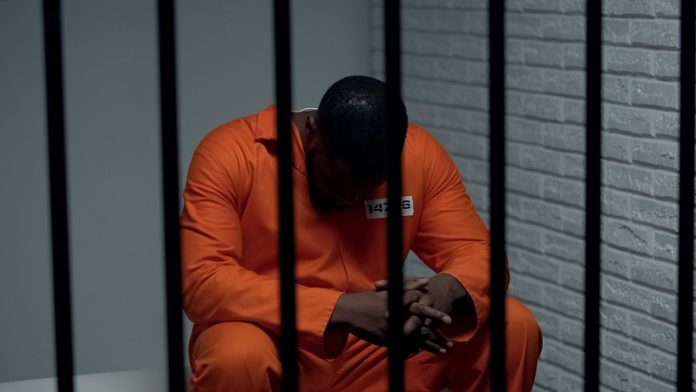
Imagine not walking on grass for 20 years!
That’s how long one man, stuck in solitary confinement, had to wait before setting foot in a healing garden at the Oregon State Penitentiary.
This garden is part of a new way of thinking about prisons, inspired by Norway.
What’s This New Approach?
In Norway, prisons focus on treating people with dignity and respect. Inmates are called “residents,” and guards are trained to talk and listen to them rather than just giving orders.
This way, everyone in the prison—both the people who live there and the people who work there—can have a better life.
Oregon and a few other U.S. states are trying out these ideas to see if they can make their prisons better places too.
Does It Work?
Researchers from UC San Francisco studied Oregon’s new prison methods and found some impressive results.
The number of violent incidents dropped a lot. From 2016 to 2021, assaults among inmates fell by almost 74%, and situations where staff had to use force went down by nearly 86%.
People spent more time outside their cells and took part in social activities. This was especially good for those struggling with mental health issues.
Why is This Important?
Solitary confinement can be really harmful to a person’s physical and mental health. But many U.S. prisons still use it.
This new approach could help change that. “The paper shows a promising model for helping people get out of solitary confinement,” said Cyrus Ahalt, a researcher at UCSF.
Spreading the Idea
The program started in Oregon, but it’s catching on in other states like North Dakota, Washington, and California.
In Oregon, the change began in 2019, after prison officials learned about Norway’s way of doing things.
The program has been so successful that some of the people who work in the prison system are quitting their jobs to help spread the idea to other places. Toby Tooley, a former prison captain, said, “This absolutely has to go nationwide.”
Making Lives Better for Everyone
Dr. Brie Williams, who founded Amend at UCSF, explains that this isn’t just about making life better for prisoners.
It’s also about helping the people who work in prisons. “We have this hidden public health crisis—not just among the people who live in the prisons, but the people who work there,” she said.
What’s Next?
For this new way of running prisons to become widespread in the U.S., both the people who live in the prisons and the people who work there have to believe it’s a good idea.
But if the early results are any indication, this Norwegian-inspired approach could make American prisons safer and more humane for everyone involved.
Follow us on Twitter for more articles about this topic.



